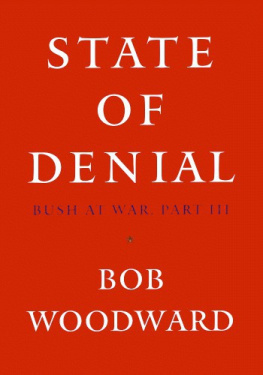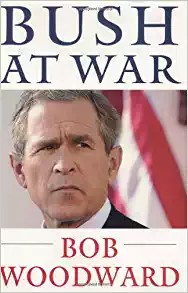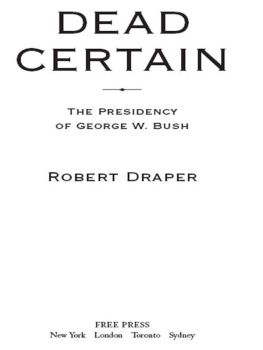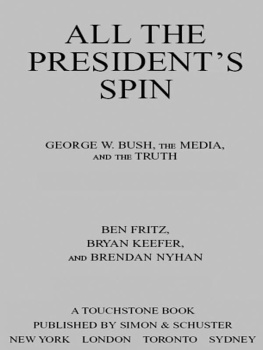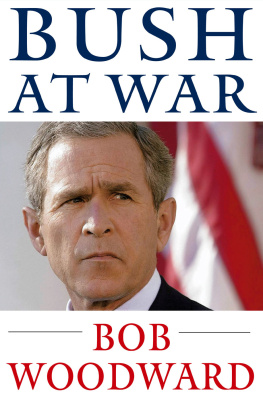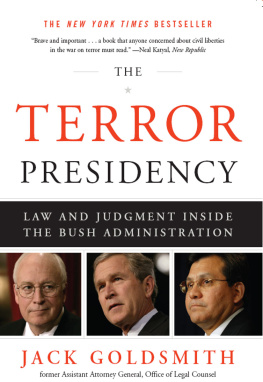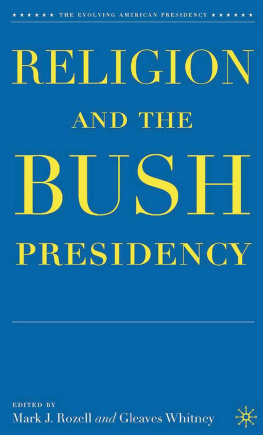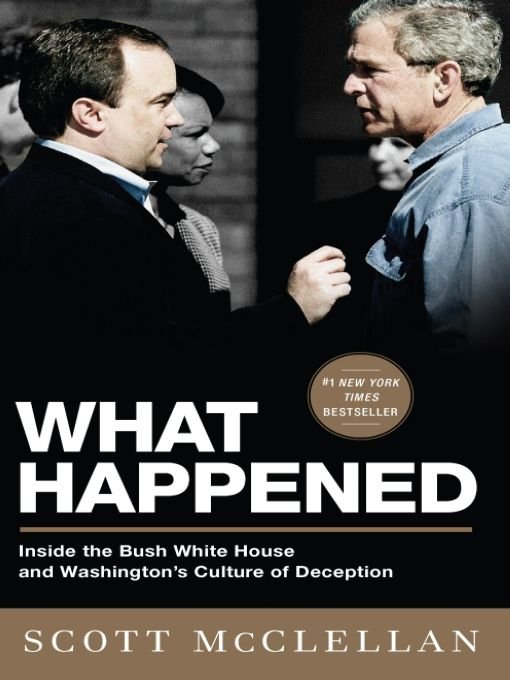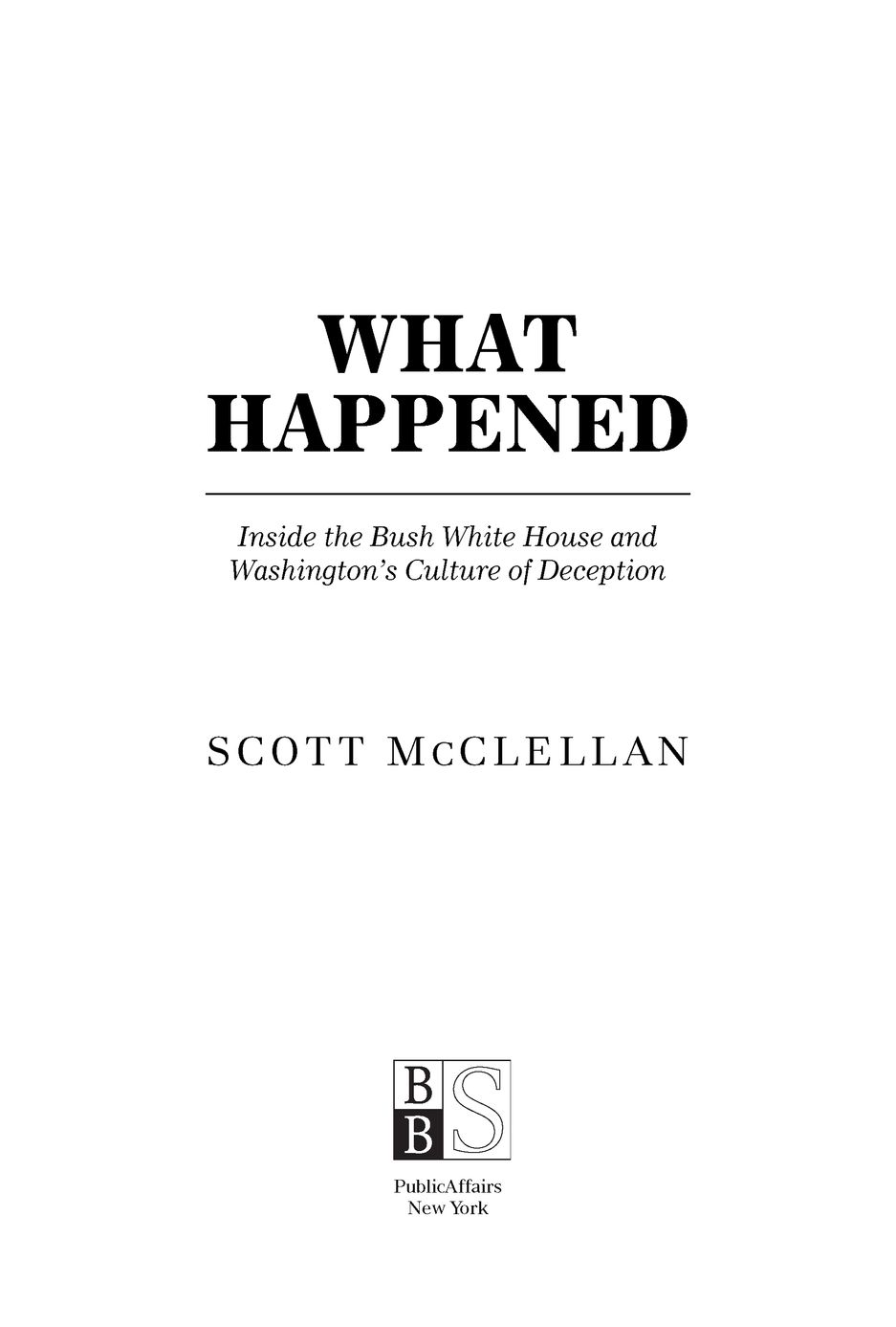Table of Contents
To those who serve
PREFACE
THE UNIVERSITY OF TEXAS has always been special to my family and me. My grandfather, the late Page Keeton, was the legendary dean who led its law school to national prominence. I was born and reared in Austin, Texas, where it is located, and earned an undergraduate degree from the university.
I am very familiar with the UT Tower, the main building in the center of campus, with words from the Gospel of John carved in stone above its south entrance: Ye shall know the truth and the truth shall set you free.
Those powerful words have always piqued my curiosity, as a person of faith and as an ordinary human being keenly interested in the larger meaning of life. But not until the past few years have I come to truly appreciate their message.
Perhaps Gods greatest gift to us in life is the ability to learn from our experiences, especially our mistakes, and grow into better people. That uniquely human quality is rooted in free will and blossoms in our capacity for knowledge, based on understanding the truthnot as we might imagine or wish it to be, but as it is. And that includes recognizing our faults and accepting responsibility for them. Through contrition we find the truth and the freedom that comes with it, even as we improve ourselves and grow closer to the image that God our Creator has in mind for us to become.
My mother, who began her career in public service as a high school civics and history teacher, likes to say, It is people, not events, that shape history. She couldnt be more right. History is rooted in the choices made by peopleflawed, fallible people.
This is a book about the slice of history I witnessed during my years in the White House and about the well-intentioned but flawed human beingsmyself includedwho shaped that history. Ive written it not to settle scores or enhance my own role but simply to record what I know and what I learned in hopes that my account will deepen our understanding of contemporary history, particularly the events that followed the tragic attacks of September 11, 2001.
I began the process of writing this book by putting myself under the microscope. In my efforts on behalf of the presidential administration of George W. Bush I fell far short of living up to the kind of public servant I wanted to be. Having accepted the post of White House press secretary at age thirty-five and possessing scant experience of the Washington power game, I didnt fully understand what I was getting myself into. Today, I understand it much better. This book records the often painful process by which I gained that understanding.
I frequently stumbled along the way and failed in my duty to myself, to the president I served, and to the American people. I tried to play the Washington game according to the current rules and, at times, didnt play it very well. Because I didnt stay true to myself, I couldnt stay true to others. The mistakes were mine, and Ive suffered the consequences.
My own story, however, is of small importance in the broad historical picture. More significant is the larger story in which I played a minor rolethe story of how the presidency of George W. Bush veered terribly off course.
As press secretary, I spent countless hours defending the administration from the podium in the White House briefing room. Although the things I said then were sincere, I have since come to realize that some of them were badly misguided. In these pages, Ive tried to come to grips with some of the truths that life inside the White House bubble obscured.
My friends and former colleagues who lived and worked or are still living and working inside that bubble may not be happy with the perspective I present here. Many of them, Im sure, remain convinced that the Bush administration has been fundamentally correct in its most controversial policy judgments, and that the dis-esteem in which most Americans currently hold it is undeserved. Only time will tell. But Ive become genuinely convinced otherwise.
The episode that became the jumping-off point for this book was the scandal over the leaking of classified national security informationthe so-called Plame affair. It originated in a controversy over the intelligence the Bush administration used to make the case that Saddam Husseins Iraq represented a grave and gathering danger that needed to be eliminated. When a covert CIA officers identity was disclosed during the ensuing partisan warfare, turning the controversy into the latest Washington scandal, I was caught up in the deception that followed. It was the defining moment in my time working for the president, and one of the most painful experiences of my life.
When words I uttered, believing them to be true, were exposed as false, I was constrained by my duties and loyalty to the president and unable to comment. But I promised reporters and the public that I would someday tell the whole story of what I knew. After leaving the White House, I realized that the story was meaningless without an appreciation of the personal, political, and institutional context in which it took place. So the story grew into a book.
Writing it wasnt easy. Some of the best advice I received as I began came from a senior editor at a publishing house that expressed interest in my book. He said the hardest challenge for me would be to keep questioning my own beliefs and perceptions throughout the writing process. His advice was prescient. Ive found myself constantly questioning my own thinking, my assumptions, my interpretations of events. Many of the conclusions Ive reached are quite different from those I would have embraced at the start of the process. The quest for truth has been a struggle for me, but a rewarding one. I dont claim a monopoly on truth. But after wrestling with my experiences over the past several months, Ive come much closer to my truth than ever before.
MANY READERS WILL HAVE COME TO this book out of curiosity about the man who is a leading character in my story, President George W. Bush. Youll learn about my relationship with him and my experiences as part of his team as you read these pages. For now, let me observe that much of what the general public knows about Bush is true. He is a man of personal charm, wit, and enormous political skill. Like many other people, I was inspired to follow him by his disarming personality and by his record as a popular, bipartisan governor who set a constructive tone and got things done for the people. We all hoped and believed he could do the same for the nation.
Certainly the seeds of greatness seemed to be present in the Bush administration. Although Bush attained the White House only after an extended legal battle over the outcome of the 2000 election, he began his presidency with considerable goodwill. He commanded a rare, extended period of national unity following the unimaginable national tragedy that struck our nation in September 2001.
On paper, the team Bush assembled was impressive. Vice President Dick Cheney was a serious, vastly experienced hand in the top levels of government. Secretary of Defense Donald Rumsfeld had already enjoyed one successful run at the Pentagon and boasted a rsum listing a string of business and government achievements. Secretary of State Colin Powell, an able and widely respected military leader, was easily the most popular public figure in the country and could well have been the first African American president of the United States had he been interested in the job. Even Bushs chief political adviser, Karl Rove, had a powerful reputation as a brilliant strategic thinker who was helping to make the Republican party the nations greatest political force.


